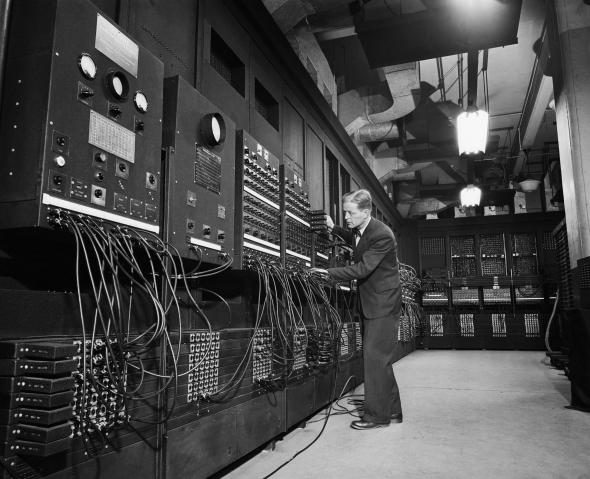What is a Greenhouse Gas?
Procurri operates as an entirely Carbon Neutral Organization, accredited by the Carbon Footprint Standard. This means that we operate to a net zero emissions level; never producing more CO2 than what we remove from the environment through reputed carbon offset schemes.
There’s a lot of terminology and jargon around carbon emissions, and without legally-set definitions, there can be ambiguity and uncertainty across the whole topic. Here, we aim to clarify just one of these terms: Greenhouse Gases.
Greenhouse Gases, or just Greenhouse Gas, are often abbreviated to GHG. A Greenhouse Gas is a gas that both absorbs and emits radiant energy within the thermal infrared range, thus creating a greenhouse effect. Primarily, Greenhouse Gases occur in the Earth’s atmosphere; with the most common and best known being water vapor (H2O), carbon dioxide (CO2), methane (CH4), nitrous oxide (N2O), and ozone (O3).
When we talk about Greenhouse Gases, it’s often with negative connotations – but they’re not all bad! Without the naturally occurring Greenhouse Gases in the atmosphere, the average temperature of the planet’s surface would be around -18°c, and it actually sits at 15°c. That said, Earth isn’t the only planet with Greenhouse Gases present but it is the most ambient, and, therefore, the best suited to human life.
The concerns around Greenhouse Gases relate to the human activities that contribute to increasing emissions of them. Since the beginning of the Industrial Revolution, the atmospheric concentration of CO2 has increased by almost 50%; a level comparable to that around 3 million years ago. Despite the natural carbon sinks in the environment absorbing increased emissions, the capacity of them isn’t high enough to rival the levels being created.
At the current rates of Greenhouse Gas emissions worldwide, the United Nations estimates that the Earth’s surface temperature could increase by 2°c by 2050 – which it notes as the upper limit to avoid “dangerous” levels of such emissions. These Gases are emitted through the combustion of fossil fuels (primarily coal, natural gas, and petroleum), cement manufacturing, deforestation, changes in land use, and fertilizer production. While of course, developments are being made to improve emissions made from these industries, the rate at which this is happening is not believed to be swift enough; with leading experts around the world suggesting progress is being made too slowly to have a tangible impact.
Emitting Greenhouse Gases is inevitable through day-to-day business operations, and we don’t try to hide away from this. Through two recognized carbon offset programs, Procurri ensures that our emission levels equate to net zero – and that we contribute positively to the environment as much as we can to negate the unavoidable emissions, we have to make to serve our customer base. If you’d like to learn more about how you can work with Procurri to boost your sustainability credentials, get in touch!



